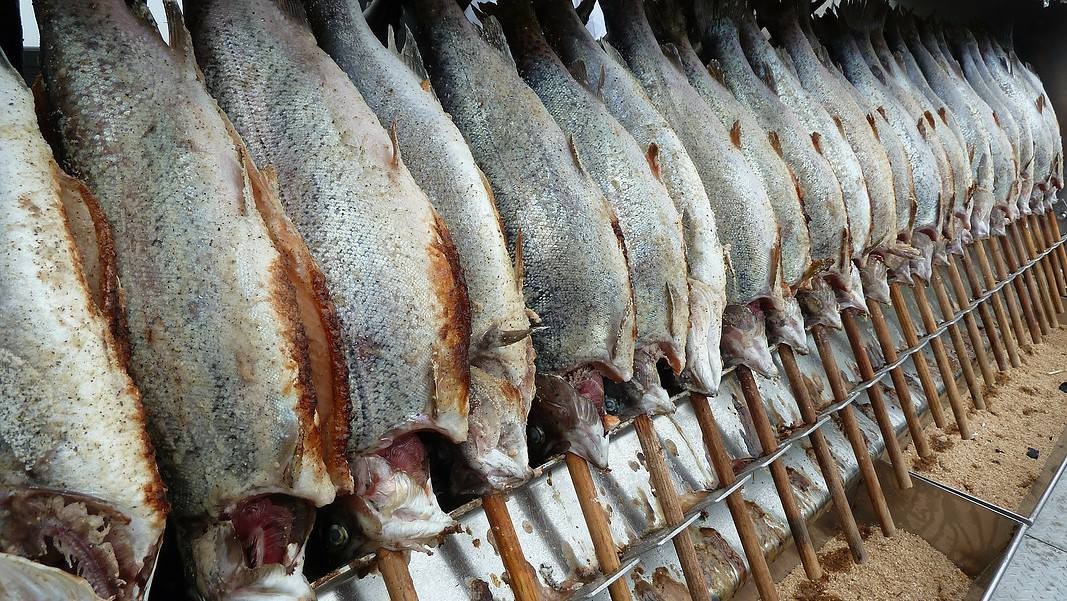Scientists from the University of British Columbia, the University of Bern and the Stanford Center for Ocean Solutions have concluded that without strong measures to mitigate the devastating effects of climate change, global fish socks by biomass will not be able to recover to sustainable levels.
The researchers used computer modeling to track fish stocks by biomass from 1950 to 2001. Sadly, the research showed that stocks declined from historical levels in 103 of 226 marine area studies. The scientist’s data showed that stocks would struggle to rebuild without intervention due to the effects of global warming.
Commenting on the research, Dr. William Cheung, professor at the Institute for the Oceans and Fisheries and lead author, stated:
“More conservation-oriented fisheries management is essential to rebuild over-exploited fish stocks under climate change. However, that alone is not enough. Climate mitigation is important for our fish stock rebuilding plans to be effective…Tropical ecoregions in Asia, the Pacific, South America and Africa are experiencing declining fish populations as species both move further north to cooler waters and are also unable to recover due to fishing demands…These regions are the ones that feel the effects of global warming first and our study shows that even a slight increase of 1.5 degrees Celsius could have a catastrophic effect on tropical nations that are dependent on fisheries for food and nutrition security, revenue, and employment.”
While IOF postdoctoral fellow and study co-author Dr. Juliano Palacios-Abrantes stated:
“To rebuild fish stocks, climate change must be fully considered…We live in a globalized world, where situations are interconnected. We are seeing this most significantly in tropical regions, but also in the Arctic, where many exploited species are slow to mature, or Ireland, Canada and the USA, with high fishing mortality rates. These climate effects, even when we looked at conservation-focused scenarios, are making it too difficult for fish stocks to bounce back.”
You can find the original study here.

